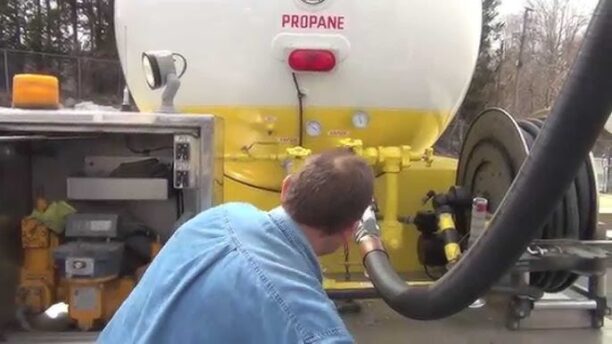Strengthening Your Operations with Qualified Drivers

Propane businesses rely on their drivers to ensure safe and efficient deliveries. However, the process of hiring and maintaining qualified drivers goes beyond just filling positions – it requires meeting strict regulatory requirements and ensuring ongoing training. As the industry faces workforce shortages and evolving compliance standards, propane companies must take a proactive approach to driver qualification to maintain safety, reliability, and operational success.
Understanding Driver Qualification Requirements
Propane drivers must meet specific industry and federal requirements before they can operate a bobtail or transport hazardous materials. A Commercial Driver’s License (CDL) with the proper endorsements is essential, along with a Hazardous Materials (HAZMAT) endorsement, which requires a Transportation Security Administration (TSA) background check. Additionally, the Department of Transportation (DOT) mandates medical certifications to ensure drivers are physically capable of handling their duties.
Beyond these basic qualifications, companies must conduct thorough background checks, driving record reviews, and drug and alcohol testing as part of the hiring process. Regular evaluations and updated certifications are also required to maintain compliance and uphold safety standards.
Challenges in Driver Qualification
Many propane businesses are struggling to find and retain qualified drivers. The process of obtaining a CDL and HAZMAT endorsement can be time-consuming and costly, discouraging new applicants from entering the industry. Additionally, an aging workforce means experienced drivers are retiring faster than new ones are joining, creating a labor gap that businesses must address.
Strategies for Hiring and Retaining Qualified Drivers
To overcome hiring challenges, propane companies can invest in driver training programs that help candidates obtain the necessary qualifications. Covering CDL and HAZMAT certification costs or offering paid apprenticeships can attract more applicants and build a stronger workforce. Some businesses also partner with vocational schools or trucking programs to recruit new drivers directly from training programs.
Retention is just as important as recruitment. Providing competitive wages, career advancement opportunities, and a supportive work environment can help propane businesses retain experienced drivers. Recognizing employee achievements and ensuring manageable workloads also contribute to long-term job satisfaction.
Prioritizing Ongoing Training and Compliance
Once hired, drivers must continue to meet safety and regulatory requirements through ongoing training. Companies should schedule regular safety meetings, refresher courses, and emergency response training to keep drivers up-to-date with best practices. Investing in continuous education not only improves safety but also enhances overall efficiency and professionalism in propane operations.
The Role of Technology in Driver Management
Technology can play a key role in streamlining driver qualification and compliance management. Digital platforms help track certification expirations, schedule training, and maintain records for audits. GPS and telematics systems also improve driver safety by monitoring routes, identifying risky driving behavior, and optimizing fuel efficiency.
Strengthening the Future of Propane Delivery
Qualified drivers are the backbone of any successful propane business. By staying proactive in hiring, training, and compliance, companies can navigate workforce challenges while ensuring safe and efficient operations. Investing in drivers today helps secure the future of propane delivery, benefiting both businesses and the customers they serve.













